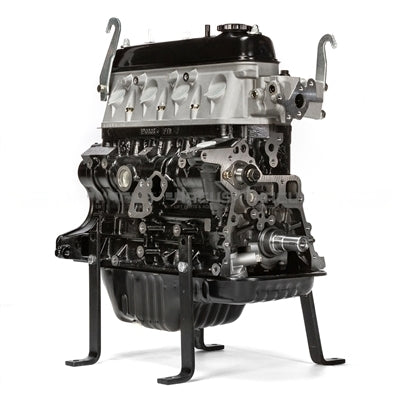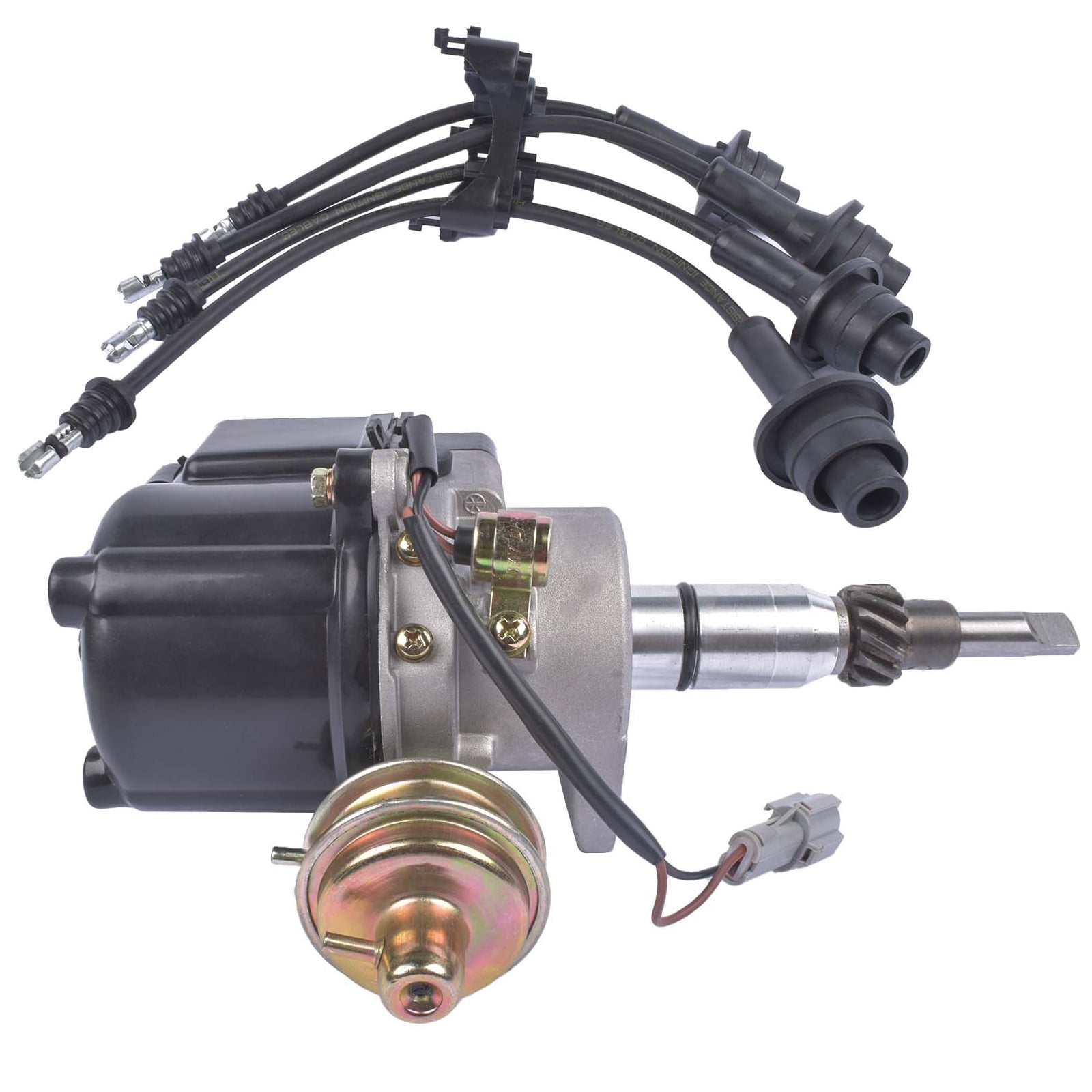Discovering the Numerous Kinds of Engine: Which One Fits Your Demands?
Inner burning engines continue to control due to their dependability, while electric engines are obtaining grip for their sustainability. Hybrid engines supply a functional compromise, and diesel engines stand out for their power in requiring applications.

Internal Burning Engines
Internal burning engines (ICEs) are the backbone of modern-day transportation, powering a vast selection of cars from vehicles to aircrafts. These engines operate on the concept of converting gas into mechanical power with a collection of regulated explosions within a combustion chamber. The most typical kinds of ICEs consist of gasoline engines, diesel engines, and rotating engines, each created to satisfy particular efficiency and efficiency demands.
Gasoline engines commonly use trigger ignition, while diesel engines rely upon compression ignition, resulting in distinctive differences in fuel performance and power output (4y engine). Rotary engines, or Wankel engines, supply a compact style and smooth procedure, but are less generally used in mainstream applications
ICEs have undertaken substantial advancements in technology, consisting of the intro of turbocharging and gas shot systems, which improve general efficiency and performance. Despite their performance renovations, ICEs encounter boosting examination due to their environmental impact, specifically pertaining to greenhouse gas exhausts.
Electric Engines
As problems about environmental sustainability and nonrenewable fuel source dependence expand, electric engines have actually arised as a compelling option to inner burning engines. These engines make use of electric motors powered by batteries or fuel cells, providing a cleaner and extra effective motive powers.
One of the key advantages of electric engines is their lowered discharges. Unlike traditional engines that melt nonrenewable fuel sources, electric engines generate no tailpipe emissions, dramatically reducing air pollution and adding to enhanced public health. Furthermore, the efficiency of electrical motors often goes beyond that of interior burning engines, converting a better proportion of power from the power source right into usable power for movement.
Electric engines are additionally noteworthy for their silent operation, making them excellent for metropolitan settings. 4y engine. The simplicity of their layout results in less relocating parts, which can bring about decreased upkeep costs and boosted integrity in time
Nonetheless, challenges stay, consisting of battery production effects, billing infrastructure, and variety constraints. In spite of these difficulties, the expanding investment in electrical vehicle innovation and renewable resource sources factors towards a promising future for electric engines, positioned to play an essential function in the change towards sustainable transportation.
Hybrid Engines
Mixing the benefits of both conventional and electric interior burning engines, hybrid engines stand for a functional solution in the quest for effective and sustainable transport. These engines incorporate a fuel or diesel motor with an electrical motor, enabling improved fuel efficiency and decreased discharges compared to traditional automobiles.
Crossbreed engines run in numerous settings, using the electrical motor for low-speed driving and the internal combustion engine for higher speeds or when more power is needed. This vibrant procedure not just boosts gas economic situation yet additionally adds to a smoother driving experience. Regenerative stopping is an additional essential attribute, recording power normally shed during stopping and rerouting it to reenergize the battery.

As consumers increasingly focus on eco-friendliness, crossbreed engines stick out as a useful choice, supplying an efficient balance of performance, performance, and ecological duty. This flexibility makes them ideal for metropolitan commuting and long-distance travel alike.
Diesel Engines
Efficiency and power are characteristics of diesel motor, which have actually long been favored for their robustness and gas economic climate. These engines operate the concept of compression ignition, where air is pressed to a high temperature before fuel is infused, sparking it without the requirement for ignition system. This procedure allows diesel motor to browse around this site accomplish greater thermal performance compared to gasoline engines, equating into much better fuel gas mileage and reduced carbon dioxide exhausts.
Diesel engines are particularly well-suited for durable applications such as vehicles, buses, and industrial machinery, where torque and sturdiness are paramount. Their design usually consists of more powerful components to stand up to the greater stress generated during operation, leading to longer life span and minimized maintenance prices.

Different Fuel Engines
While diesel engines have lengthy controlled the landscape of durable source of power, different gas engines are getting traction as viable alternatives for a much more sustainable future. These engines make use of a range of fuels, such as pressed all-natural gas (CNG), hydrogen, gas, and ethanol, aiming to lower greenhouse gas discharges and dependence on fossil gas.
One significant benefit of alternate fuel engines is their prospective to reduced carbon impacts. As an example, CNG engines emit less pollutants contrasted to conventional diesel motor, making them appropriate for city transit systems and fleets looking official website for to improve air top quality. Ethanol, originated from biomass, not only minimizes emissions however additionally supports farming economies.
Hydrogen gas cells represent an innovative growth in this realm, using zero-emission power through a chemical reaction in between hydrogen and oxygen. Nonetheless, difficulties such as framework advancement and manufacturing costs stay barriers to widespread adoption - 4y engine.
Verdict
To conclude, choosing the ideal engine type requires cautious factor to consider of particular requirements and choices. Inner burning engines offer dependability, while electrical engines focus on sustainability and decreased maintenance. Crossbreed engines incorporate the benefits of both, boosting performance, whereas diesel engines give exceptional power and torque for heavy-duty applications. Alternate fuel engines present green options, albeit with prospective framework obstacles. Ultimately, a detailed assessment of driving habits and environmental values will certainly promote an educated choice relating to engine choice.
Crossbreed engines supply a flexible compromise, and diesel engines stand out for their power in demanding applications. The most usual kinds of ICEs include fuel engines, diesel engines, and rotating engines, each developed to meet details efficiency and efficiency needs.
Unlike typical engines that shed fossil fuels, electrical engines create zero tailpipe exhausts, substantially reducing air contamination and contributing to improved public wellness.Hybrid engines run in a number of modes, using the electric motor for low-speed driving and the inner combustion engine for greater speeds or when even more power is needed. Crossbreed engines integrate the benefits of both, improving efficiency, whereas diesel engines give exceptional power and torque for sturdy applications.